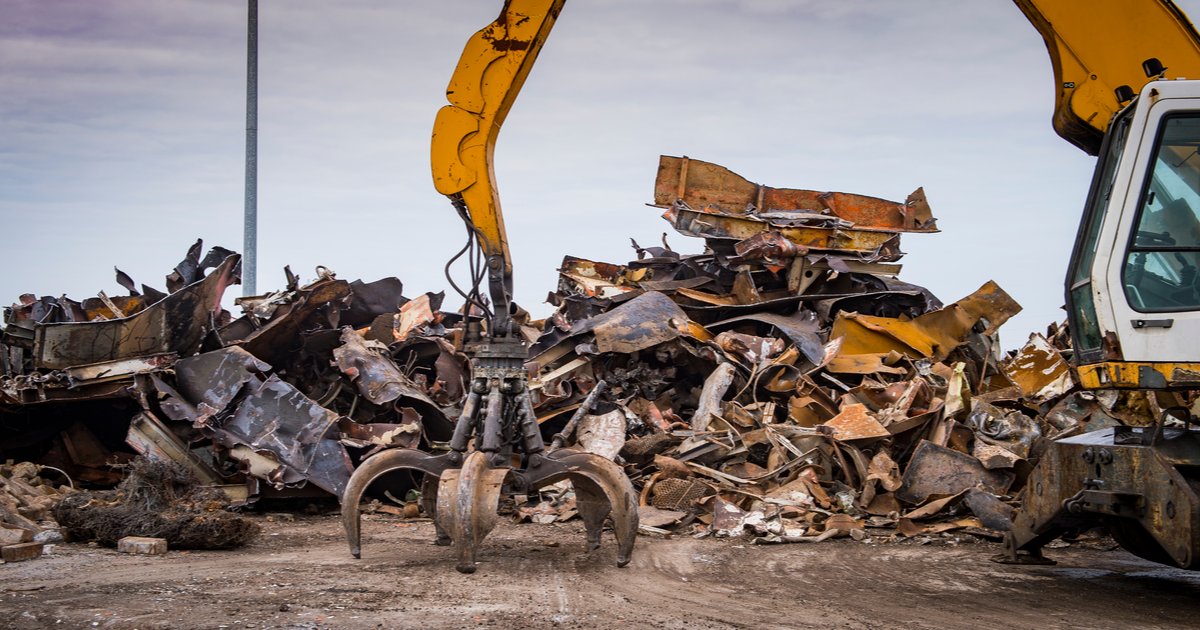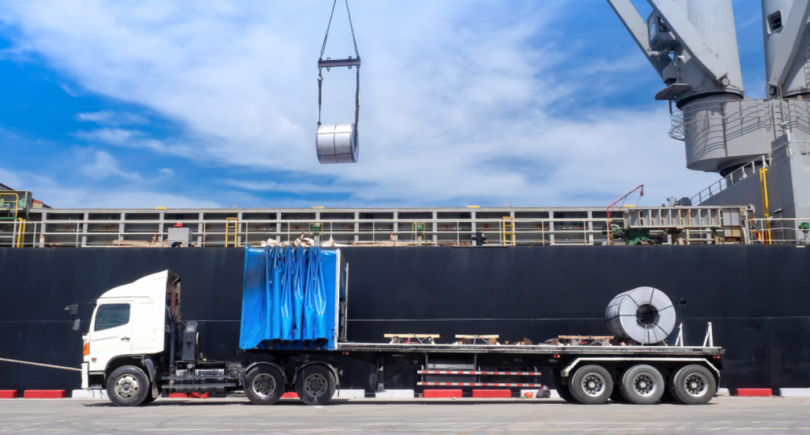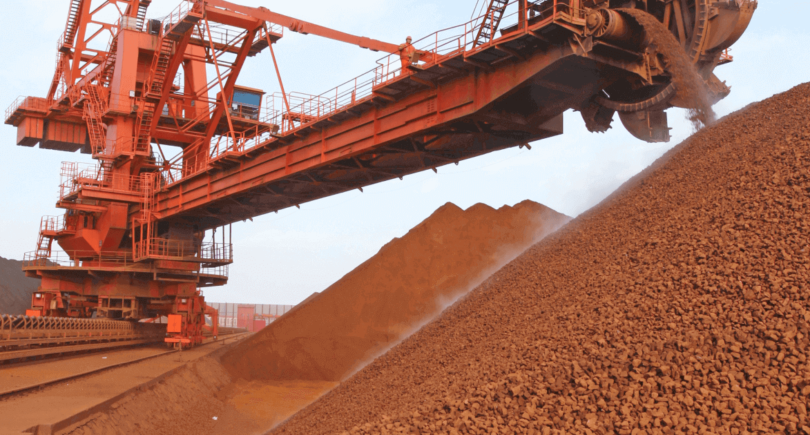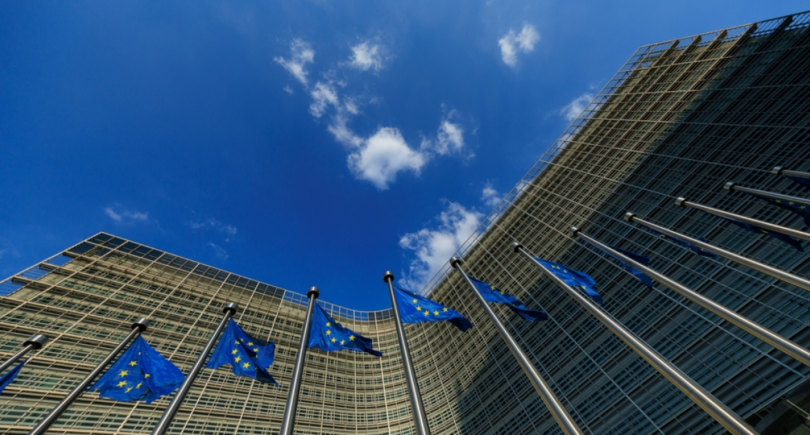
News Global Market Russia 1876 31 March 2022
New duty €290/t is planned to put from May 1 to July 31
The Interdepartamental Commission of Russian Federation decided to almost triple the export duty on ferrous scrap from May 1 to July 31, 2022 – from €100/t to €290/t. The measure is implemented to hold down prices on the domestic market. It is reported by SteelOrbis.
The custom subcomission is going to reduce the export of scrap, and iron & steel waste outside the Euroasian Economic Union leaving as much raw material as possible inside the country.
The export duty rate is going to be unchanged (5% of the declared price), increasing its minimum level. It requires a government decision to make new tarrifs come into force.
The measure will not apply to the export quota of 810-830 thousand tons – it will be subject to the previously established duty rate of €100/t.
Note that in 2021 Russia exported around 3.22 million tons of scrap, and the specified quota is only 25% of this volume. In addition, the previously established duty of €100/t collapsed the scrap export. In January 2022, Russian scrappers exported only 3 thousand tons of raw materials, 230 times less than in 2021.
According to SteelOrbis, for now taking into account scrap prices in Turkey, freight costs, and deduction of export duty rate, and port duties, the maximum purchase price for export in Russia is 36 thousand rubles, at current currency exchange. Purchase prices of local plants in the central regions of Russia are 25-25.5 thousand rubles/t.
Besides the low profitability of the scrap export, there are difficulties with finding ships, and payments, due to the international sanctions against Russia.
As a reminder, from 2022, Russia has raised the scrap export duty from €70/t to €100/t. The duty rate was set at 5% but not less than €100/t. The initiator of the duty rate is the Ministry of Industry, and Trade of the Russian Federation.
In July of 2021, Russia extended the scrap export duty until the end of the 2021. The export duty was increased to €70/t. The extension of the protective measure had a negative impact on the volume of scrap collection, and export by Russian exporters.




